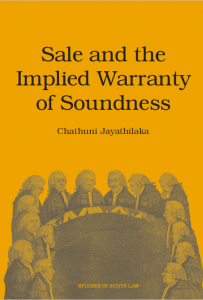By Katherine Tonkiss, Agnes Czajka, Tendayi Bloom, Eleni Andreouli, Devyani Prabhat, Cynthia Orchard, Nira Yuval-Davis, Kelly Staples and Georgie Wemyss.
 As the Windrush scandal has shown, when a person is unable to show evidence of their citizenship, the results can be devastating. In August 2019, the think tank British Future launched an independent inquiry into UK citizenship policy, chaired by Alberto Costa MP, inviting experts to submit evidence. In response, one group of academics and NGOs came together to map an agenda for citizenship policy in the UK. This blog summarises some of their recommendations.
As the Windrush scandal has shown, when a person is unable to show evidence of their citizenship, the results can be devastating. In August 2019, the think tank British Future launched an independent inquiry into UK citizenship policy, chaired by Alberto Costa MP, inviting experts to submit evidence. In response, one group of academics and NGOs came together to map an agenda for citizenship policy in the UK. This blog summarises some of their recommendations.
Some Background
Traditionally, UK citizenship has been associated with commitment to and participation in certain political institutions and traditions. More recently, increasing politicisation of immigration and emphasis on ‘national belonging’ have been linked to a shift towards associating the legal status of citizenship with socio-cultural interpretations of ‘integration’ and ‘national belonging’. However, these are ambiguous concepts and lead to different meanings of citizenship for those who are born into it and those who must apply for legal recognition of their citizenship later in life. (more…)








